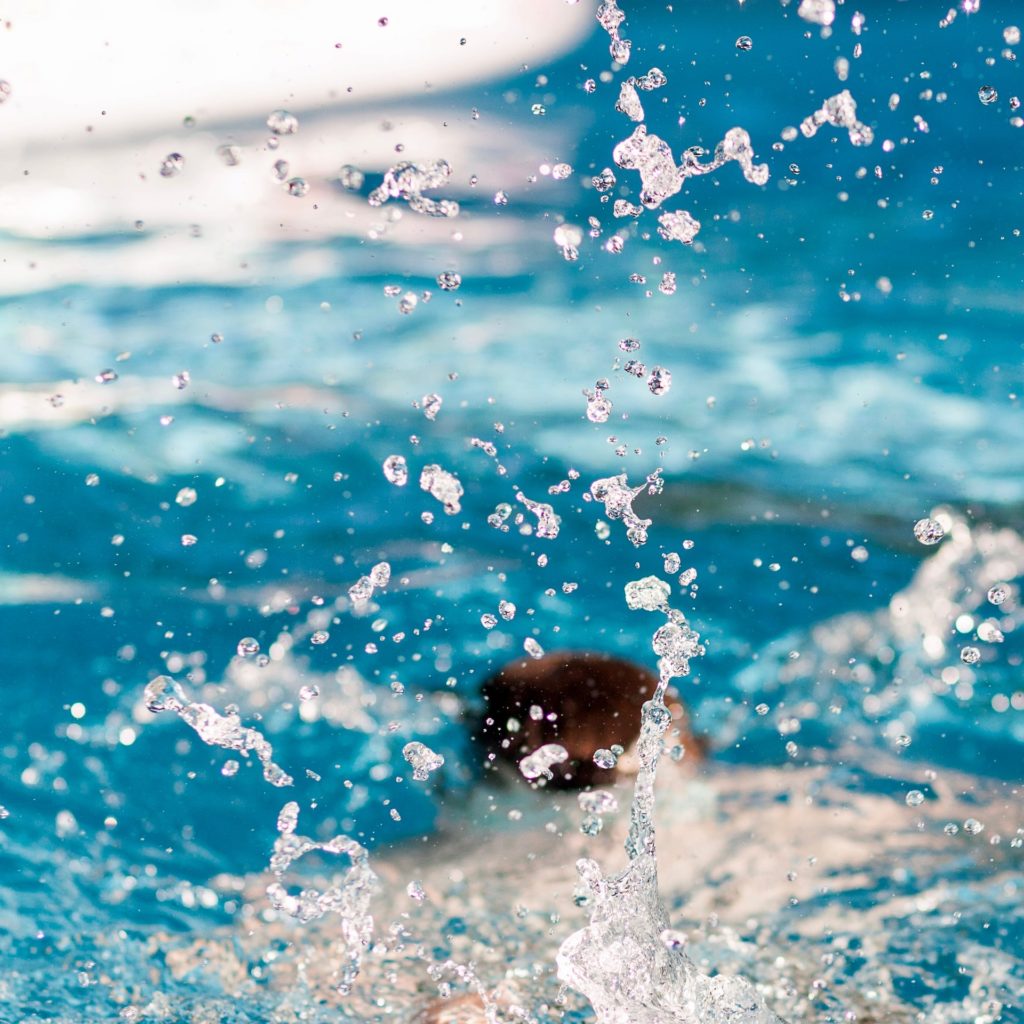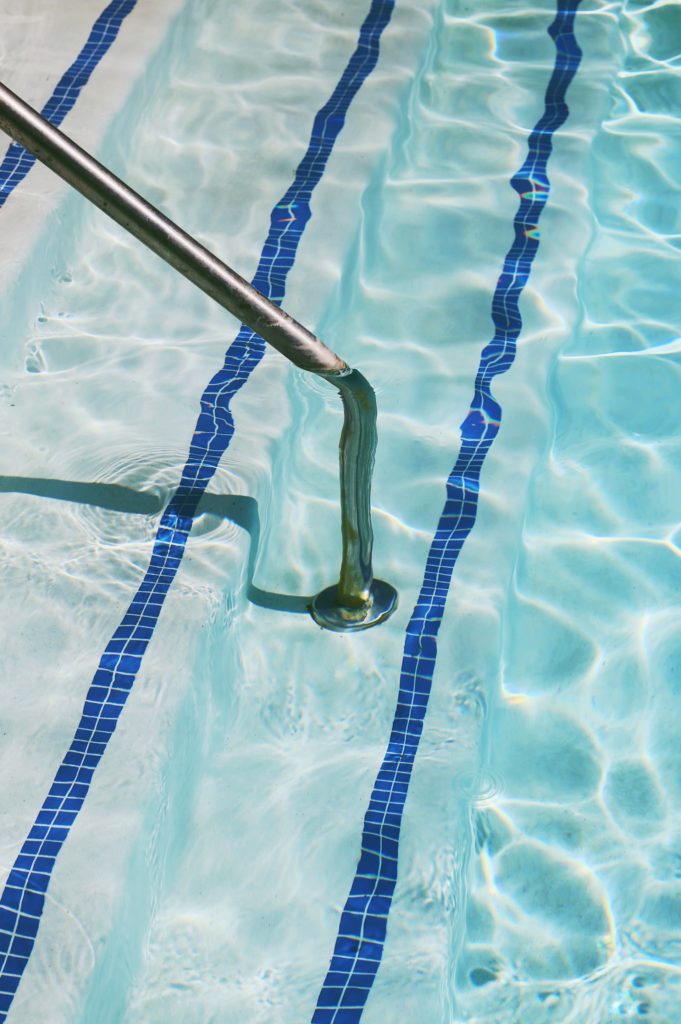Drowning
Pool owners and water park owners are responsible for maintaining safe premises. If a loved one dies in a fatal drowning accident, you may be able to hold the responsible parties financially accountable.
Fatal Drownings and Pool Accidents

Exercising caution when swimming or otherwise near a body of water is critical. Drowning accidents are relatively common and often result in death.
There are instances when these accidents occur because others are negligent. Hopefully, you will never lose a close loved one in a deadly drowning accident resulting from another party’s carelessness. If this does happen, you should be familiar with your legal rights. You might be able to recover compensation for your losses if you can prove your loved one would still be alive had it not been for the actions or non-actions of another party.
Schedule a free legal consultation with the experts at Mourn to learn more.
Fatal Drowning Statistics
Data from the Centers for Disease Control and Prevention indicates that an average of 3,960 unintentional drowning deaths occurs in the United States every year. That means an average of 11 people throughout the country lose their lives in drowning accidents every single day.
Unfortunately, children are the most likely to die in a drowning accident. Drowning is the second-most common cause of death (after motor vehicle accidents) for American children between the ages of one and 14 years. This is why it is so important that children are closely monitored when they are swimming or near water.
Male adults are more likely than females to be involved in fatal drowning accidents. Almost 80% of Americans who lose their lives in such accidents are male.
It is not entirely clear why this is the case. CDC researchers theorize that this may be because males consume alcohol at higher rates than females, which can contribute to their chances of drowning.
Common Causes of Drowning Fatalities
A number of potential factors may cause drowning deaths. The following are among the most common:
- Lack of fences around pools or similar bodies of water
- Inadequate supervision from lifeguards
- Failure to provide or wear proper safety equipment and attire
- Consumption of alcohol
- Use of drugs, including prescription medications
- Faulty pool drains that lack anti-entrapment covers
It is vital that you and others exercise caution when swimming, boating, or in any other situation where the risk of a drowning accident is high. However, while you can control your own decisions, you cannot always ensure others will behave responsibly in these circumstances.
Emotional Support
Your key to coping.
When Are Others Considered Liable for a Drowning Death?

Sometimes, drowning deaths occur because a pool owner or similar party was negligent in some capacity. For instance, those who own pools are required to take reasonable steps to limit the chances of a young child wandering into a pool on their property and drowning. Installing a fence around the pool area would be an example of a reasonable step they should take. If a child were to drown because homeowners did not install an adequate fence, the surviving loved ones of the child might be eligible to receive compensation.
The owners of public pools and water parks may also be considered liable when fatal drownings occur on their premises. They have a responsibility to hire qualified lifeguards and to enforce safety policies and procedures. If someone dies because they fail to do so, their loved ones may pursue compensation.
Those are just two examples. It is not always clear whether the loved ones of someone who passed away in a drowning accident have grounds to file a wrongful death claim lawsuit. If you have any reason to suspect you might be eligible for compensation, you should review your case with a drowning accident lawyer. Experts like those on our team at Mourn can help you determine if you may be eligible to pursue compensation.
Compensation After a Fatal Drowning
If a close loved one dies in a drowning accident resulting from the negligence of others, you may be able to recover compensation by filing a wrongful death lawsuit. While no amount of money can replace the presence of a lost loved one, financial compensation can relieve you of some of the financial burdens that you may now be facing.
The specific types of damages for which you may recover compensation when for vary from one state to another. In general, though, you can often recover compensation for your economic losses, including the loss of income the decedent may have earned had they lived.
If your loved one was the primary earner in your family and they died in a drowning accident because others were careless, you may be forced to adapt to a very different lifestyle than the one to which they had grown accustomed. The sudden loss in wages can make what is already a tragic situation even worse.
Many states also allow those affected by wrongful deaths to pursue compensation for loss of companionship and support. For instance, maybe your loved one who passed away in a drowning accident had been the main caretaker for your young children. In addition to having to now pay for childcare, your children will also lose on a lifetime of parental guidance and nurturing. These losses may also be compensated in a wrongful death lawsuit.
While no legal expert can promise you will receive a specific amount of compensation when you file a lawsuit, they can help identify which losses and damages should be accounted for when you do seek compensation.
Our Legal Advocates Are Here to Help
You will hopefully never need to seek compensation for a loved one’s fatal drowning accident. However, if you do have reason to believe you may have a right to pursue compensation, our experts at Mourn can help. Schedule a free case evaluation today to see if you may qualify to file a lawsuit.
Free consultation
Let us help you.
We can help you take the next steps toward closure.




